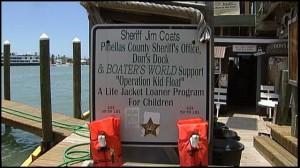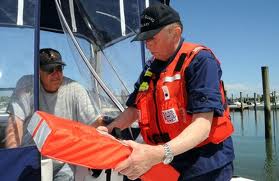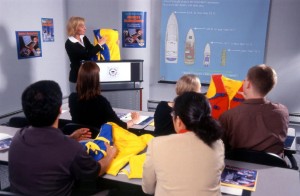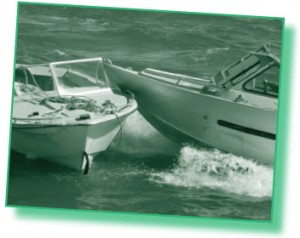Boat Safety
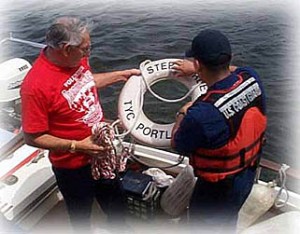 When my boys were old enough to get their boating license, I made them jump through all sorts of hoops before I would give my consent. First, they had to take a . I quizzed them on what they learned, especially Coast Guard recommended safety precautions.
When my boys were old enough to get their boating license, I made them jump through all sorts of hoops before I would give my consent. First, they had to take a . I quizzed them on what they learned, especially Coast Guard recommended safety precautions.
I then had them promise me that life vests would be worn at all times. They assured me and went one step further by showing me where and how they looked up weather reports before each outing. The final step was to make sure they knew all about boat maintenance, including how to check and replace Yamalube 2W oil. Both of them met my expectations and were allowed to apply for their boating licenses.


